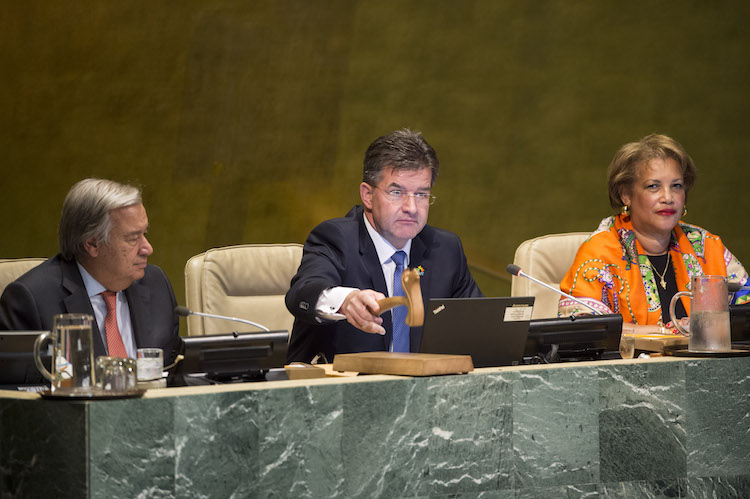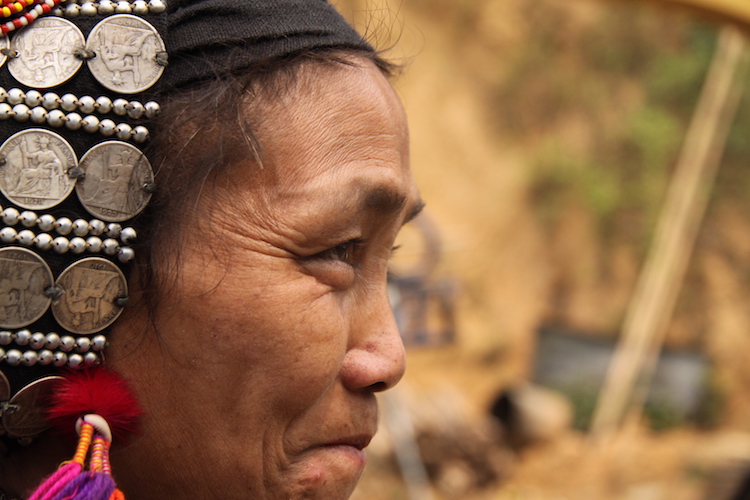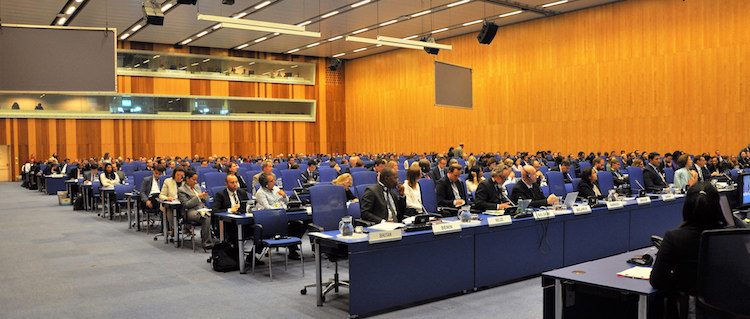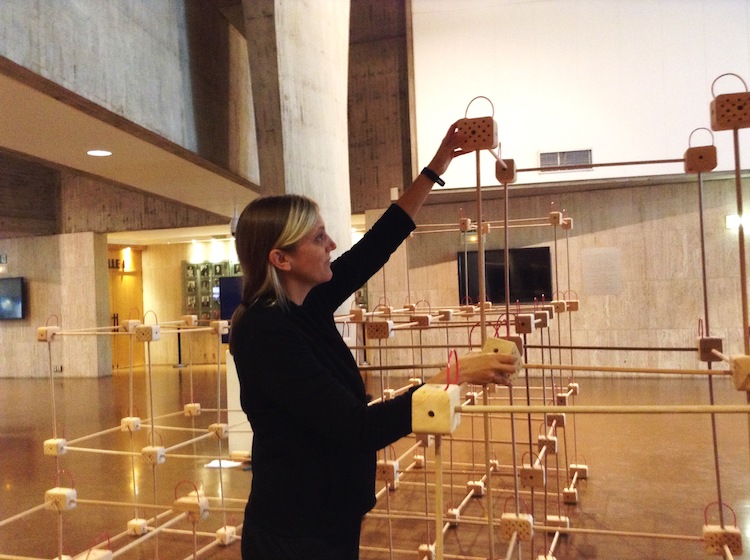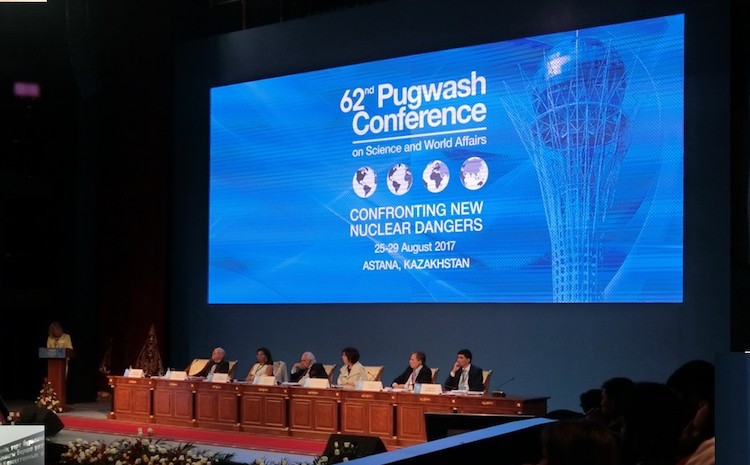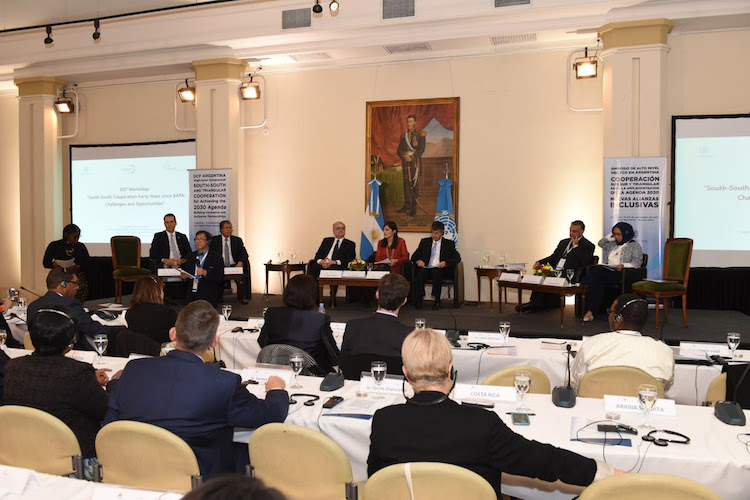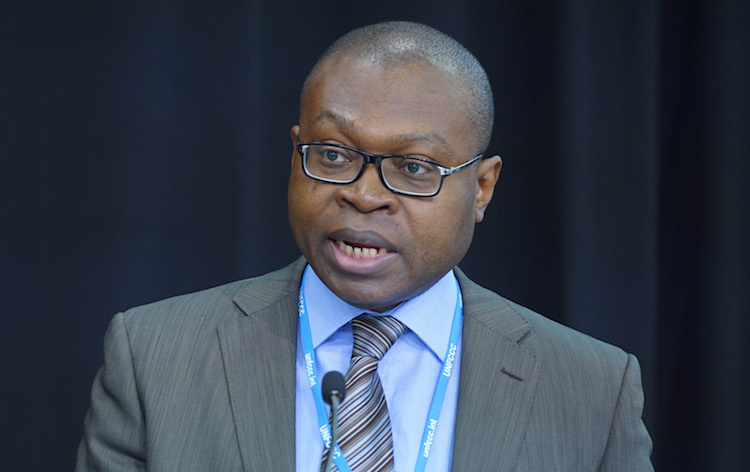R2P Back on the UN General Assembly’s Agenda After 12 Years
By J Nastranis
UNITED NATIONS (IDN) – For the first time in twelve years, the UN General Assembly has included – with the recorded vote of 113 in favour to 21 against, and 17 abstentions – “The Responsibility to Protect” in the agenda for its 72nd session that kicked off on September 12.
The protractors of the Responsibility to Protect (R2P) consider it a global political commitment, which was endorsed by all member states of the United Nations at the 2005 World Summit to prevent genocide, war crimes, ethnic cleansing and crimes against humanity. Yet, as a “not an official record” of the General Assembly’s plenary on September 15 points out, several delegations took the floor to express their concerns about formally adding the item to the agenda.
UNDP Supporting Eco-friendly Development in Laos
By Devinder Kumar
VIENTIANE (IDN) – Laos is a landlinked country bordering Myanmar, Cambodia, China, Thailand, and Vietnam. About 6.8 million people live in its 18 provinces, with most people – 68 percent – still living in rural areas. However, urbanisation is occurring at a rate of 4.9 percent each year. The country is largely mountainous, with the most fertile land found along the Mekong plains. The river flows from north to south, forming the border with Thailand for more than 60 percent of its length.
Despite still being a least developed country (LDC), Laos – officially known as the Lao People’s Democratic Republic (PDR) – has made significant progress in poverty alleviation over the past two decades with poverty rates declining from 46% in 1992 to 23% in 2015, according to the United Nations Development Programme (UNDP). “The country achieved the Millennium Development Goal target of halving poverty, however the challenge now is to ensure that all Lao people benefit in the country’s development.”
There’s More to the Catastrophe in Myanmar than Meets the Eye
By Shishir Gupta | Courtesy Hindustan Times*
The United Nations human rights chief Zeid Ra‘ad al-Hussein has described the situation in Myanmar a “textbook example of ethnic cleansing.” Secretary-General António Guterres has called for Muslims from Myanmar’s Rakhine state to be granted nationality or at least a legal status that would allow them to lead a normal life, while also urging the international community to help provide assistance for the nearly 380,000 people who have fled into Bangladesh. Indian journalist Shishir Gupta highlights a hitherto overlooked aspect of the situation: “the bloody contribution of Pakistan-based jihadist groups to this catastrophe.” – The Editor
Experts Explore Pathways for the Global Compact for Migration
By Julia Rainer
VIENNA (IDN) – “Smuggling of migrants, trafficking in persons and contemporary forms of slavery, including appropriate identification, protection and assistance to migrants and trafficking victims,” was the title of the Fifth thematic session of the UN General Assembly hosted on September 4-5 by the United Nations Office in Vienna (UNOV).
The event aimed at supporting the inter-governmental process designed to lead to the adoption in 2018 of a global compact on safe, orderly and regular migration – a goal agreed by the member states when adopting the New York Declaration on Refugees and Migrants in September 2016.
Critical Thinking, Civic Values, Urged for Sustainability
By A.D. McKenzie
PARIS (IDN) – Given the rampant technological changes taking place, it’s impossible to predict what the world will look like in even 20 years, and only the development of critical thinking and common civic values will help humankind to deal with the future.
That is the viewpoint of Sonia Dhillon Marty, head of a foundation that is seeking to “foster civic engagement” through art, architecture, design, sustainable farming and technology”, as she puts it. “If we are together, people will listen, politicians will listen,” Dhillon Marty said during a conference in Paris, September 12-13 at the headquarters of the United Nations Educational, Scientific and Cultural Organization (UNESCO).
Astana Conference Pleads for Ban on Nuclear Tests and More
By Ramesh Jaura
BERLIN | ASTANA (IDN) – Some three weeks before the UN Treaty on the Prohibition of Nuclear Weapons opens for signature on September 20 in New York, a landmark international conference in the capital city of Kazakhstan has called upon “all governments and people to reflect on the grave and irreversible ecological and humanitarian consequences of nuclear weapons and to spare no efforts towards achieving a nuclear-weapon-free world.”
The appeal, made by the Council of the Pugwash Conferences on Science and World Affairs, coincided with the International Day against Nuclear Tests, designated by the 64th session of the United Nations General Assembly on December 2, 2009 by unanimously adopting resolution 64/35. Watch Our Video
Water, Food and Energy Security for All is Possible
By Kofi Annan, former UN Secretary-General
Following is the text of a speech given by former UN Secretary-General Kofi Annan (1997-2006), the founding chair of the Kofi Annan Foundation, and a Nobel Peace Prize laureate, on September 7, 2017 at the ‘Making Waves’ conference in Afsluitdijk (English: Enclosure Dam), a major causeway in the Netherlands, constructed between 1927 and 1932. It is being reproduced courtesy of the Kofi Annan Foundation. – The Editor.
GENEVA (IDN-INPS) – I can’t think of a more symbolic and inspirational location to promote innovative solutions around water, food and energy than the iconic Afsluitdijk. The dam is a masterpiece of Dutch engineering and a symbol for the country’s centuries-long fight against flooding from the sea.
South-South Cooperation Helps Achieve UN Development Goals
By Silvia Espíndola*
The author is Undersecretary of International Cooperation of the Republic of Ecuador. Following are excerpts from his statement at the Workshop titled South-South Cooperation forty years since BAPA: Challenges and Opportunities during the ECOSOC Development Cooperation Forum (DCF) meeting, held in Buenos Aires, Argentina, on September 6, 2017 – in the run-up to the UN Day for South-South Cooperation was celebrated worldwide on September 12. – The Editor
GENEVA (IDN-INPS | SouthNews) – Since the Buenos Aires Plan of Action for Promoting and Implementing Technical Cooperation among developing countries (1978), South-South cooperation has been steadily gaining momentum and has shown encouraging trends. Many initiatives attest to the increasing importance of South-South cooperation as a growing dimension of international cooperation for development.
79 Countries Gather in the Bahamas to Address Sustainable Development of Fisheries and Aquaculture
By Viwanou Gnassounou
ACP Assistant Secretary General for Sustainable Economic Development and Trade.
Fisheries and aquaculture are critical for poverty eradication and sustainable development in Africa, the Caribbean and the Pacific. With this in view, ministers and senior government officials from 79 countries that constitute the ACP Group of States will gather in Nassau, the capital city of the Bahamas – the coral-based archipelago in the Atlantic Ocean Bahamas with 700-plus islands – from September 18 to 21, 2017. “The focus will be on bolstering high level shared commitments, sharing national or regional best practices and seeking consensus on priority issues that need multilateral action,” says Viwanou Gnassounou, ACP Assistant Secretary General for Sustainable Economic Development & Trade. – The Editor

